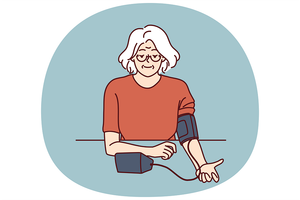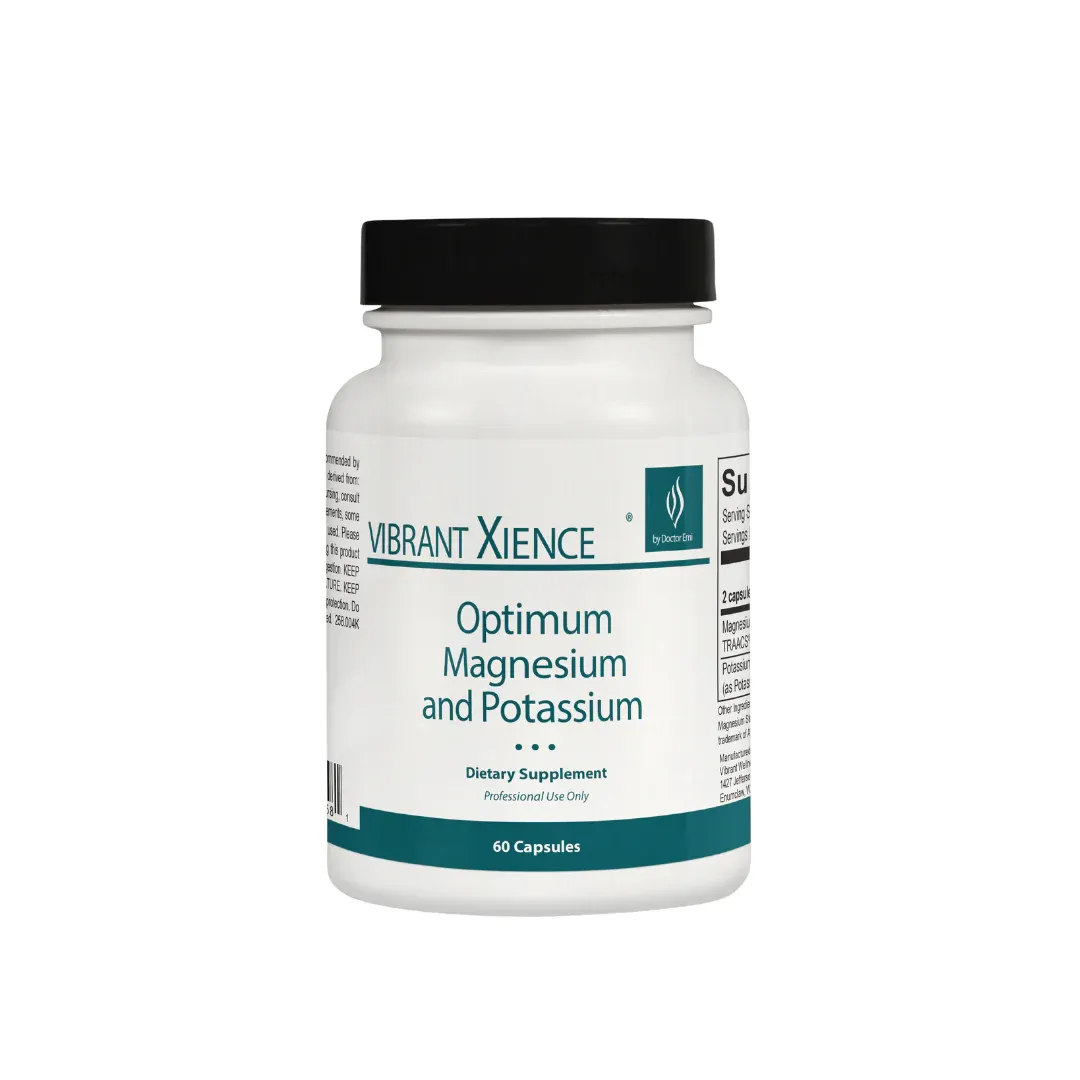What is High Blood Pressure (Hypertension)?
High blood pressure and hypertension have the same meaning. High blood pressure (hypertension) happens when the heart has to work too hard to pump blood through the blood vessels (for various reasons) thereby creating a pressurized situation. The more pressure the blood exerts on the walls of the arteries, the higher the blood pressure (the higher the tension in the blood vessels).1
What Is a Normal Blood Pressure Level?
What Are the Symptoms of Hypertension?
There are usually no symptoms of hypertension which is why it is called the “silent killer.” Most of the time, people do not realize they have hypertension (high blood pressure) which is why it is wise to get your blood pressure checked regularly.2
Risk Factors for Hypertension
- Lifestyle Habits – Eating processed (high-salt/sugar, low-nutrient) foods/beverages , lack of exercise, drinking alcohol, smoking, stress3
- Overweight/Obesity – (See Lifestyle Habits, above)
- Age – Approximately 65% of Americans 60 or older have high blood pressure
- Gender – Men are more likely to develop hypertension prior to age 55; however, women are more likely to develop it after age 55
- Family History – Family history of hypertension can increase a person’s risk of developing high blood pressure which makes Lifestyle Habits even more important
- Race/Ethnicity – African Americans are at a higher risk for high blood pressure than Caucasian or Hispanic Americans, and tend to get it earlier in life4
Ethnicity and Hypertension
People of African descent often have something called “low renin” hypertension – more specifically: low renin hypertension and refractoriness (resistance) to Renin-Angiotensin System (RAS) medications such as ACE inhibitors e.g., lisinopril (Prinivil, Zestril), benazepril (Lotensin), captopril (Capoten), and angiotensin receptor blockers e.g., losartan (Cozaar) irbesartan (Avapro) and valsartan (Diovan), and high sensitivity to salt. Renin is an enzyme released by the kidney cells that helps balance sodium and potassium levels in the body, and thus, affects the blood pressure.5,6 Salt sensitivity is high (disproportionately so) in African Americans. The definition of “salt-sensitivity” in this case can be as follows: blood pressure increases during the intake of salt, and blood pressure decreases when not consuming salt.
“The exact role of the RAS system in African Americans has not been defined. However, given the pattern of excessive RAS system-dependent target-organ injury (e.g. left ventricular hypertrophy, chronic kidney disease/proteinuria) in African Americans, it is likely that the importance of the RAS system has been overly discounted in this population.”7
Because of this theory of low renin hypertension, patients have not been given drugs that modify the Renin Angiotensin System (RAS) because it was thought they would not respond to them–however, apparently they are still sensitive to the effects of renin because they get the end organ damage of excessive or high renin such as left ventricular hypertrophy (enlargement of the left side of the heart), and kidney damage. Therefore, blocking renin becomes important.8,9
What Can Happen To a Person With Long-Term, Uncontrolled High Blood Pressure?
- Arteriosclerosis, also called atherosclerosis (hardening of the arteries from plaque which has built up on the walls of the arteries – a condition which leads to heart attack and stroke)
- Heart attack (when blood flow to a section of the heart suddenly becomes blocked causing sections of the heart muscle to begin to die)
- Stroke (when the blood supply to part of your brain is blocked or reduced causing brain cells to die)10
- Aneurysm (the bulging of a blood vessel – which can occur anywhere, but is most common in the major artery from the heart or in the brain)11
- Heart Failure, also called Congestive Heart Failure (when the heart is weakened and doesn’t pump efficiently because of narrowed arteries and/or long-term high blood pressure)12
- Weakened and narrowing blood vessels in the kidneys (narrowing or blockage of an artery to the kidneys which may cause kidney failure)13
- Thickened, narrowed or torn blood vessels in the eyes
- Metabolic Syndrome (a cluster of risk factors in one person: abdominal obesity, high triglycerides, low HDL (“good”) cholesterol, high blood pressure, and fasting blood glucose of 100 or more)14
- Problems with memory/understanding15
White-Coat Hypertension
“White-Coat” or anxiety-induced blood pressure can cause damage to the heart. The reality is that if a person’s anxiousness in the doctor’s office consistently causes their blood pressure to raise, it tells me that the person’s blood pressure becomes elevated when they are anxious about other things as well. “White-Coat” hypertension has been shown to be a transitional condition which carries over outside of medical settings.16 Over time, anxiety-induced high blood pressure can lead to a kind of heart failure wherein the heart doesn’t pump properly, which is called, Diastolic Dysfunction (of the two pumping actions of the heart, systole and diastole, the diastolic part becomes abnormal).17,18
Many times, in my practice, I check an echo-cardiogram of the heart to see if the person has had hypertension over time–in which case there will be a thickened heart muscle.
What Can I Do To Normalize My Blood Pressure?
Quite simply: if you live a sedentary lifestyle, consume processed (high-salt/sugar, low-nutrient) foods/beverages, drink alcohol, smoke, and are under a lot of stress, you are going to need to change your lifestyle. Perhaps some of these things don’t apply to you–and that’s great! Look at the ones that do apply to you, and begin to make a change.
Take steps to repair the blood vessels by way of diet and lifestyle. The goal is to make yourself well enough (with diet and lifestyle changes) so that your body is able to produce nitric oxide. Nitric oxide plays a large role in regulating vasodilatation (dialation of blood vessels), blood flow, and blood pressure.19,20,21
Diet
Eat whole foods, i.e. foods closest to their natural form. Eat a lot of vegetables, fruits and good fats (avocados, nuts, seeds, olive oil, coconut oil, and fatty fish). Avoid processed food, excessive salt and saturated fats. Read labels. Bear in mind, if you’re not eating processed foods at all, you’ve already greatly cut down on salt and saturated fats! Be careful of sauces and condiments that contain a lot of salt; also, there are several brands of “peanut butter” on the market that are loaded with salt and other chemicals. When in doubt, read the label.22
Magnesium
Some symptoms of low magnesium include constipation, hypertension, palpitations, heart arrhythmias (abnormal heart rhythm) and muscle spasms. Also, bear in mind, you need to have an adequate amount of magnesium in your system in order to absorb potassium. There are studies that show that a deficiency in magnesium can result in elevated blood pressure.23 Magnesium stimulates the production of nitric oxide and vasodilator (blood vessel-dilating) prostacyclins (messengers that signal information to cells and blood vessels).24
Some sources of magnesium include: almonds, cashews, pumpkin seeds, avocado, raisins, and black beans.
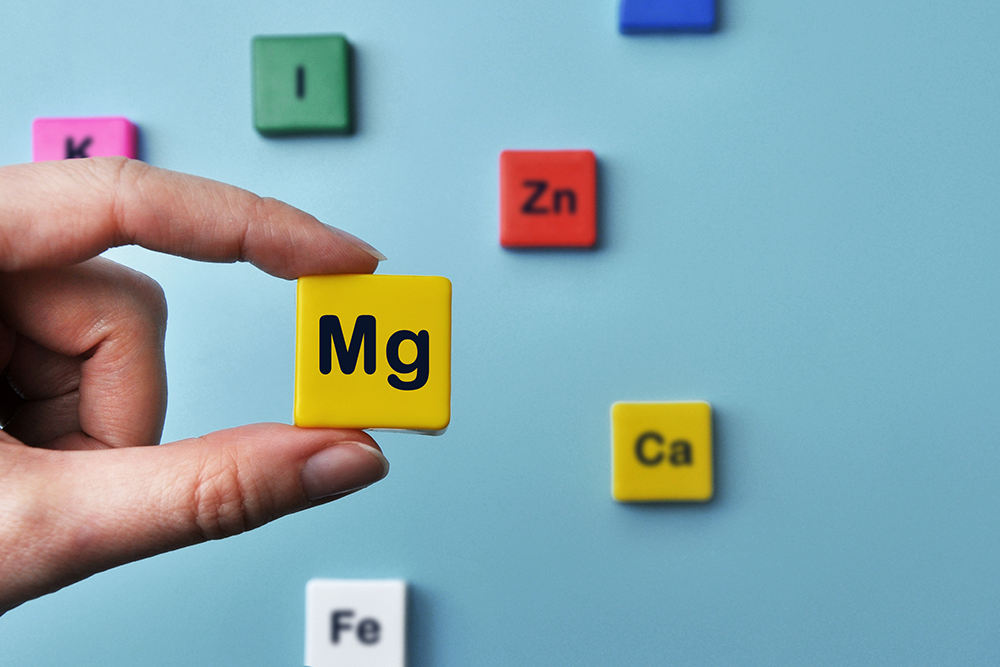
Potassium
Low potassium can cause arrhythmias (irregular heart beat), muscle spasms, dizziness, palpitations, and last but not least, can be associated with increased blood pressure. The high sodium-low potassium environment of modern society is the biggest factor of hypertension. Over-salting habits begin at a young age at the dinner table with a salt shaker and processed salt-laden snacks in between meals.25
Some sources of potassium include: sweet potatoes, winter squash, white beans, halibut, broccoli, cantaloupe, fresh-squeezed orange juice (occasionally), raisins lentils, and pork.
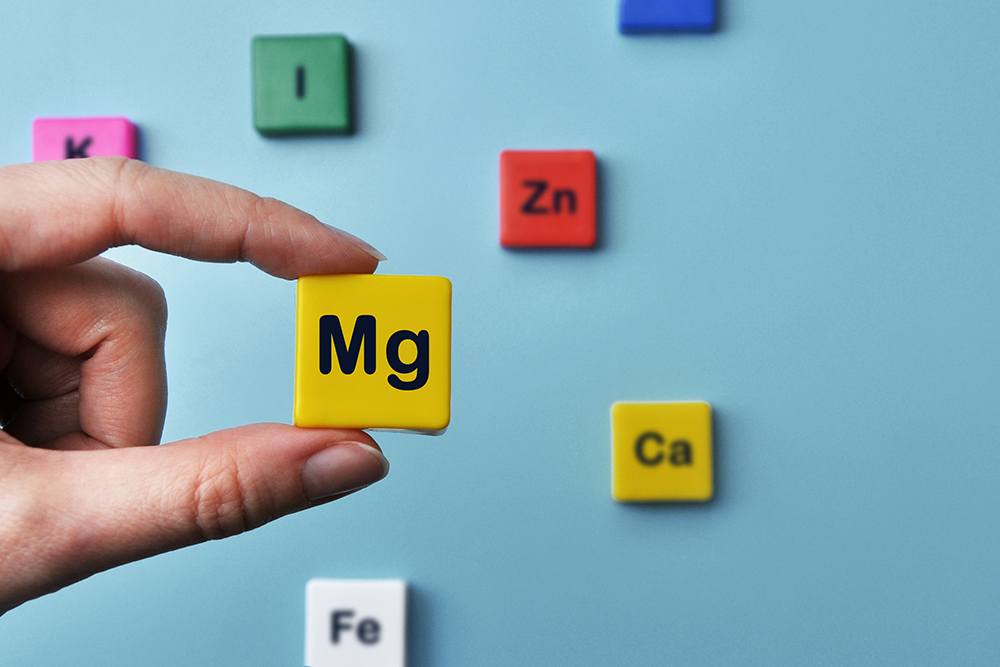
Plant Sterols
Plant sterols (and stanols) are natural substances found in plants which block the absorption of cholesterol by the body.26 Some excellent examples of plant sterols that have been shown to have cardiovascular health properties are are: curcumin and pycnogynol. Curcumin is a compound of the spice, turmeric.27,28 Pycnogenol is a derivative of pine bark (Pinus pinaster).29,30
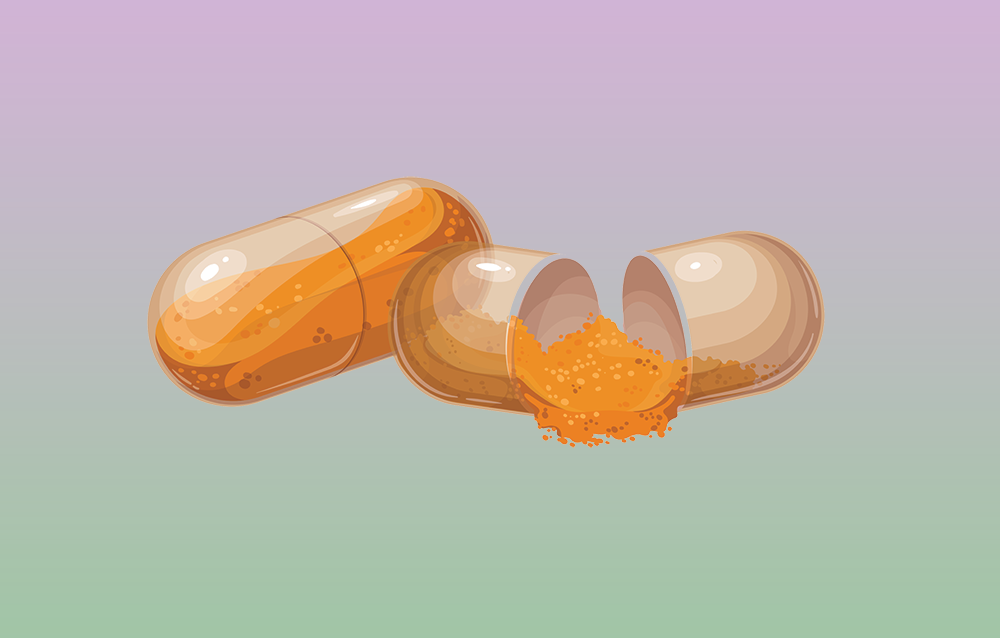
CoQ10
CoQ10 (coenzyme Q10) is an enzyme which is necessary for the production of ATP (adenosine triphosphate), a molecule which supplies the cell with energy. Cardiac cells are extremely sensitive to CoQ10 deficiency.31 CoQ10 “relaxes” blood vessels and can be of benefit to some patients with hypertension.32
CoQ10 should be taken at the same time as a compound called L-carnitine. L-carnitine is a transport molecule which transports CoQ10 and allows it to cross into the mitochondrion–the energy-producing “organelle” (organ-like part of the cell) in which CoQ10 has its effects. I see a lot of my patients being tempted into wasting their money on CoQ10 at a “big box” store (which shall not be named) – which does not contain L-carnitine and is sweetened with sucralose, an artificial sweetener which should be avoided. Please look forward to our future supplement containing CoQ10 synergistically coupled with L-carnitine.
Exercise
Exercise is crucial in achieving healthy blood pressure and helps maintain a healthy vascular system. In my experience, it takes 30 – 40 pounds of weight loss before seeing a change in blood pressure. Also, the weight loss needs to be the right kind: fat loss and muscle gain – not crash dieting.
Exercise 6 times a week for 30 minutes aerobically (walking, stationary bike, recumbent bike, elliptical trainer) but do NOT overdo it; do not stress yourself. Go at a moderate pace–in such a way that you are able to carry on a conversation. Stressing yourself with aerobic exercise and forcing it will only put your system in flight-or-flight mode and actually raise cortisol levels, causing insulin resistance and actually cause you to store fat! Start a rate that is comfortable for you. After a time, when it feels too easy for you, increase it by no more than 10%. Don’t rush it. Consistency is the key, not how fast you can do something.
Also, do 2-3 sessions of weight-bearing exercise 20-30 minutes three times a week with light weights, or Pilates, etc.
Stress Management
Stress is a subjective thing. Stress affects everyone differently. In fact, what one person feels as “stress,” another person feels as “normal,” or even nothing at all. Different personalities have different coping mechanisms to deal with daily life, milestone events, change, emergencies, etc. Some people adapt easily to new situations and others do not. Sometimes stress becomes so great in a person’s life that it affects their health. Stress can affect blood pressure adversely. Stress affects the cortisol (the “stress hormone”) levels which can raise insulin and make people more insulin resistant.33,34
There are different way of coping with or alleviating stress: exercise, yoga, massage, prayer, meditation, reading, and sometimes just getting away for a while. Set time aside every day to wind down and allow your mind and body to relax.
Blood Sugar
There is a connection between high blood pressure and blood sugar. Hypertension affects the majority of people who have diabetes, eventually.35 There are studies that have shown that blood pressures are quite a bit higher in men and women over age 40 who are diabetic, and even borderline diabetic, than non-diabetics in the same age group.36 Also, obese people have a higher chance of being insulin resistant (when cells struggle to absorb glucose but cannot–resulting in high blood sugar levels); however, there are people who are not obese, but are insulin resistant and suffer from hypertension. “Insulin resistance at any given BMI accentuates the risks of both type 2 diabetes and coronary heart disease.”37 Therefore, lowering you sugar intake is an important part of working toward lowering your blood pressure.
A Note About Caffeine
Caffeine can increase blood pressure. It’s not a good idea for anyone to overdo caffeine, but especially if you have anxiety-induced high blood pressure. Anxiety that is heightened by overdoing caffeine is so prevalent that the American Psychiatric Association has dubbed it, “caffeine-related anxiety.”38
What About Salt?
A high salt intake is not healthy and can definitely affect blood pressure adversely. There are people of certain ethnic groups who will respond well to lowering salt, e.g., people of African descent, but not always, and not predictably so. Hint: when a person stops eating processed food, their salt level automatically decreases!
Work To Make Small Changes Every Day
If you work on making small changes in your lifestyle habits every day, you have a good chance of lowering your blood pressure in the long run. If you are currently taking blood pressure medication, DO NOT stop taking it! You must consult with your physician as you make changes, and monitor your blood pressure regularly.
Consider Supplementation
Discuss with your physician the possibility of supplementing your diet with potassium and magnesium, plant sterols, and CoQ10.

Doctor Emi carries an excellent, easy-to-absorb combination potassium-magnesium supplement called Optimum Magnesium and Potassium. To learn more about these essential minerals/electrolytes, read: The Importance of Potassium and Magnesium, and Dehydration: Water, Electrolytes and Healthy Rehydration.

Again, please discuss any changes you wish to make in your blood pressure care regimen with your physician. People with kidney failure, renal insufficiency, heart failure or anyone on medications such as ACE inhibitors: Zestril (lisinopril) Lotensin, or ARBs (angiotensin receptor blockers) such as Cozaar (losartan) and others, should absolutely consult their physician before starting any mineral supplement.
The Doctor Emi Team

